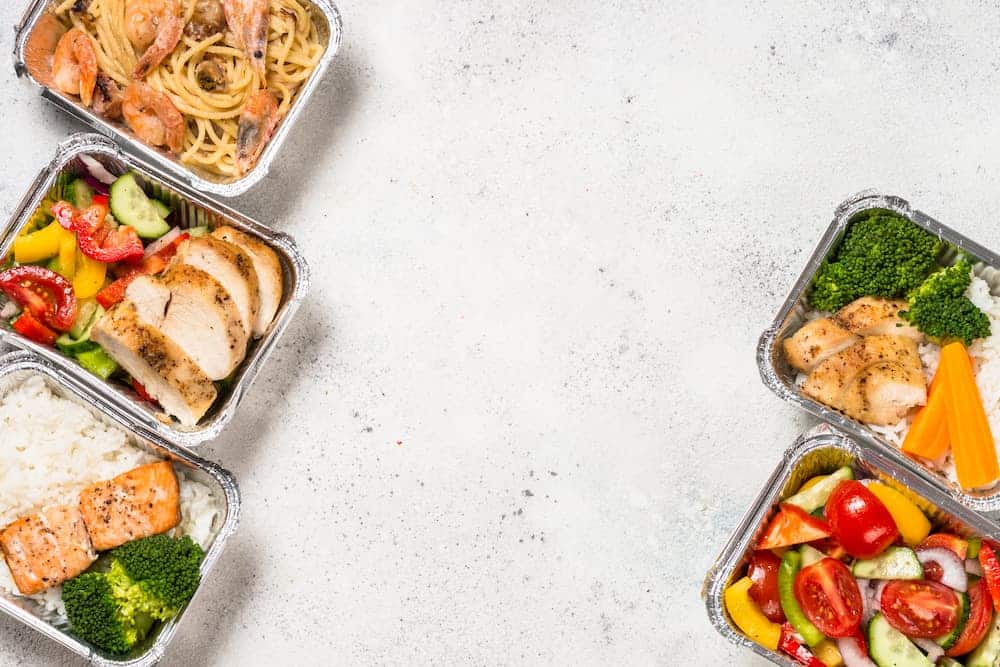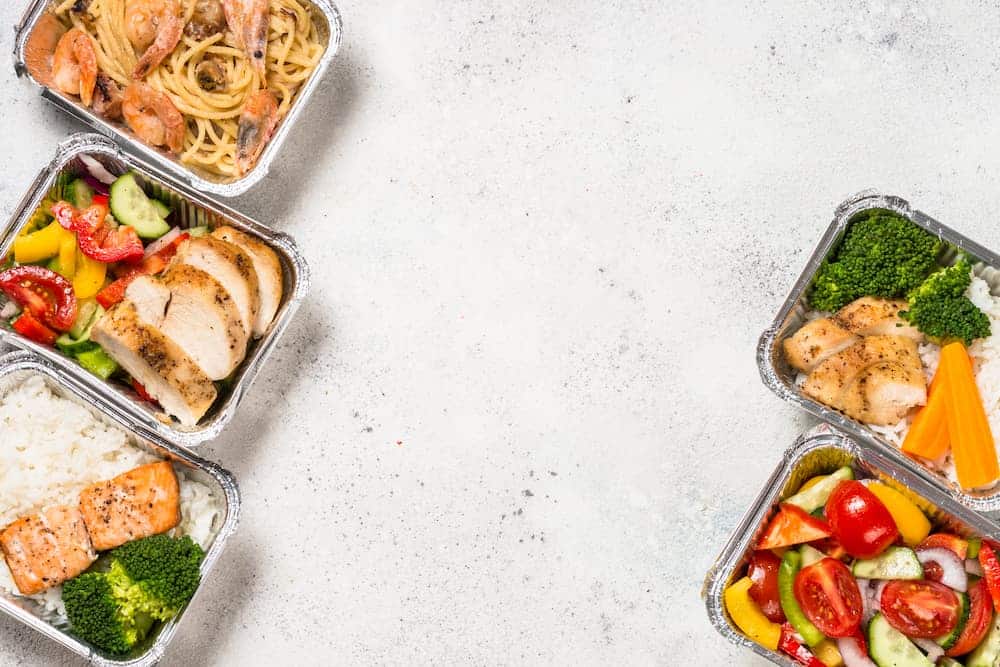
Losing weight can be challenging, but a well-structured meal plan can simplify the process. Effective weight loss meal plans focus on a framework for balanced nutrition and sustainable habits. Whether you’re beginning your weight loss journey or refining your approach, this guide will help you make informed dietary choices.
Table of Contents
The Basics of Weight Loss Meal Plans
The healthiest diet to lose weight helps individuals shed pounds by outlining what, when, and how much to eat. These plans focus on balanced nutrition, ensuring the right mix of proteins, carbohydrates, and fats.
Balanced nutrition supports metabolism, preserves muscle, and maintains energy levels, all crucial for sustainable weight loss. Portion control helps to prevent overeating and manage calorie intake, which is crucial for creating the caloric deficit needed for weight loss.
Key Components of Effective Weight Loss Meal Plans
Crafting a successful weight loss meal plan involves understanding the elements that drive effective weight management.
Balanced Macronutrients
A balanced intake of proteins, carbohydrates, and fats is crucial for any diet and is key to successful weight loss. Proteins aid in muscle repair and growth, crucial for preserving lean muscle while losing fat. Carbohydrates provide the necessary energy for daily activities and workouts, while healthy fats are important for cell function and hormone production.
Caloric Deficit
Achieving a caloric deficit encourages the body to use stored fat for energy. To maintain a safe caloric deficit, focus on portion control and nutrient-rich foods rather than drastic calorie cuts, which can lead to muscle loss and nutrient deficiencies. A gradual reduction in calories supports sustainable weight loss.
Meal Timing and Frequency
The frequency and timing of your meals can impact your metabolism and weight loss efforts. Regular meal intervals help stabilize blood sugar levels and prevent overeating driven by hunger. While there’s no universal rule, many find that eating smaller, more frequent meals throughout the day boosts metabolism and maintains energy levels.
Examples of the Healthiest Diets to Lose Weight
Choosing the right diet for weight loss involves finding one that helps you shed pounds and supports overall health.
Mediterranean Diet
The Mediterranean diet focuses on whole foods such as fruits, vegetables, whole grains, legumes, nuts, and healthy fats like olive oil. Mediterranean dieters consume fish and poultry over red meat, and they season meals with herbs and spices instead of salt. This diet is effective for weight loss because it emphasizes nutrient-dense foods that keep you full and reduce overeating.
Plant-Based Diet
A plant-based diet emphasizes foods from plants, including vegetables, fruits, nuts, seeds, oils, whole grains, legumes, and beans. While not strictly vegetarian, it significantly limits animal products. This diet causes weight loss due to its high fiber content and low calorie density.
Tips for Sticking to Your Meal Plan
Staying committed to a weight loss meal plan can be tough, especially when cravings hit or social events tempt you to stray. Consistency is key to reaching your goals, so here are some practical tips to help you stay on track:
- Plan ahead: Preparing meals in advance can prevent those last-minute choices that often lead to unhealthy eating. Meal prepping saves time but also ensures you have nutritious options ready to go.
- Set realistic goals: Break your journey into achievable milestones. Celebrating small wins can keep your motivation high and your commitment strong.
- Stay hydrated: Drinking water helps control hunger and can prevent overeating. People mistake thirst for hunger, so staying hydrated helps manage those cravings.
- Mindful eating: Focus on your meals by savoring each bite and paying attention to hunger cues. This practice can help prevent overeating and enhance your enjoyment of food.
- Find support: Whether it’s a friend, family member, or a community group, having support can provide accountability and encouragement on your journey.
- Be flexible: Life happens, and it’s okay to deviate occasionally. Get back on track without dwelling on slip-ups.
- Address emotional eating: Recognize what triggers emotional eating and find alternative ways to cope, like exercising, meditating, or engaging in a hobby.
For anyone ready to make a change, exploring structured meal plans can provide the necessary guidance for informed dietary decisions. Check out our meals at Jet Fuel Meals that are tailored to your dietary requirements and weight loss goals, offering the support needed for lasting success.
Image credit: // Shutterstock // nadianb

